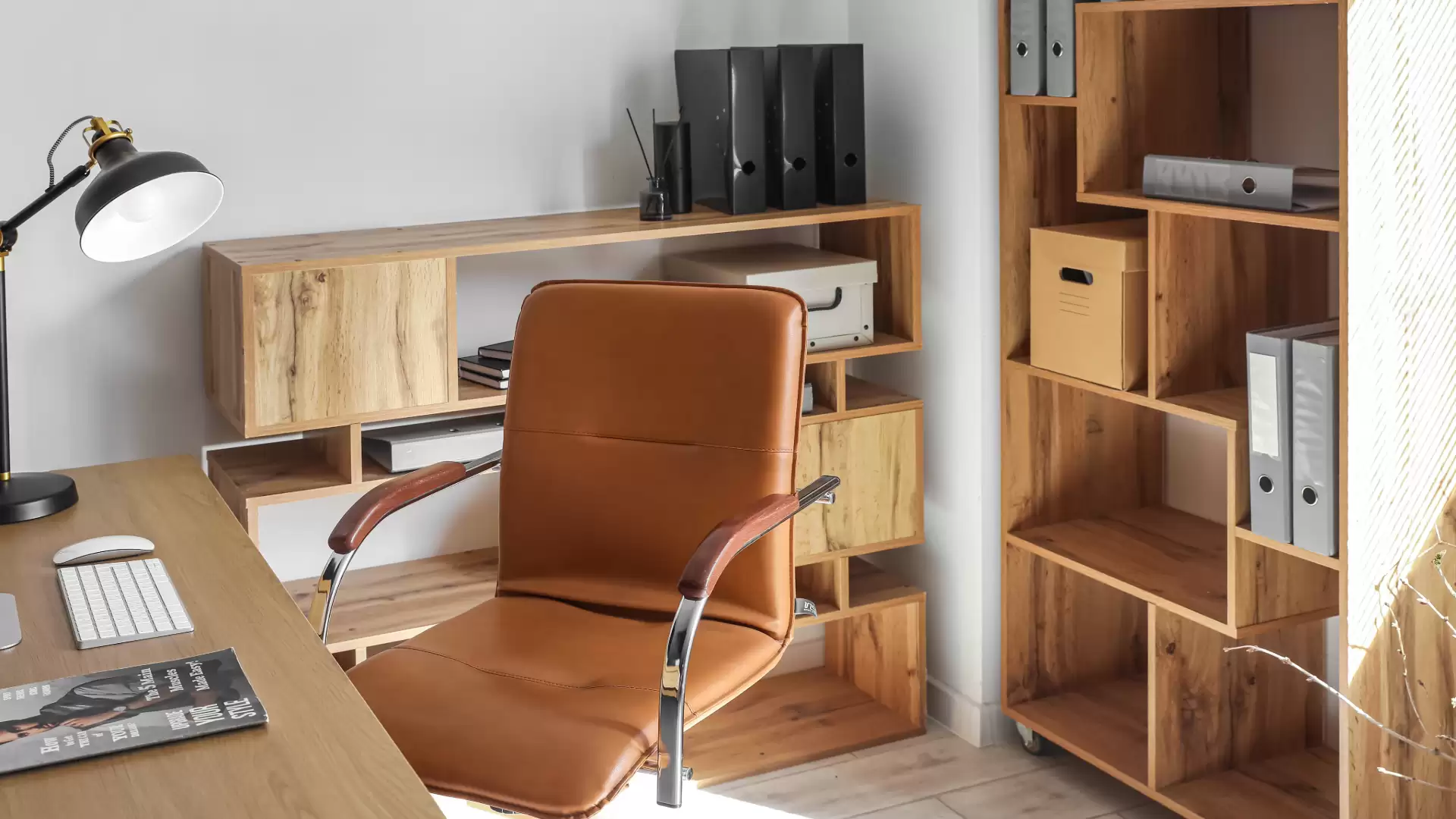As a paediatric nurse, your demanding career requires focus and dedication. When it comes to purchasing your first studio apartment, understanding your Home Loan options can make the difference between securing the right property and missing out on opportunities.
Studio apartments represent an increasingly popular entry point into the property market for healthcare professionals. These compact living spaces offer affordability and convenience, particularly in urban areas where hospitals and medical facilities are concentrated.
Understanding Your Borrowing Capacity
Your borrowing capacity depends on several factors that lenders assess during the application process:
• Annual income and employment stability
• Existing debts and financial commitments
• Living expenses and lifestyle costs
• Credit history and previous loan performance
As a paediatric nurse, your stable employment history works in your favour. Lenders typically view healthcare professionals as lower-risk borrowers, which can translate to more favourable loan terms and interest rate discounts.
Studio Apartment Considerations for Lenders
When applying for a home loan to purchase a studio apartment, lenders evaluate specific factors:
Property Size and Type: Some lenders have minimum square metre requirements. Studios under 40 square metres may face lending restrictions from certain financial institutions.
Loan to Value Ratio (LVR): Most lenders prefer an LVR below 80% to avoid lenders mortgage insurance (LMI). For studio apartments, some lenders may require lower LVRs due to perceived higher risk.
Resale Potential: Lenders assess the property's future marketability, considering location, building quality, and local demand.
Home Loan Options Available
Home Finance & Mortgage Brokers can access Home Loan options from banks and lenders across Australia, providing you with comprehensive choice:
Variable Interest Rate Loans: These loans fluctuate with market conditions. Variable home loan rates offer flexibility but mean your repayments may change over time.
Fixed Interest Rate Options: A fixed interest rate home loan provides certainty with consistent repayments for the fixed period, typically one to five years.
Split Loans: Combine both variable and fixed portions, allowing you to hedge against interest rate movements while maintaining some flexibility.
The Application Process
The Home Loan application requires thorough documentation:
- Income Verification: Recent payslips, employment contracts, and tax returns
- Financial Records: Bank statements showing savings history and spending patterns
- Asset Documentation: Details of any existing properties or investments
- Identification: Driver's licence, passport, and proof of residency
A streamlined application process begins with understanding your financial situation. Mortgage brokers can help prepare your documentation and present your application to suitable lenders.
Getting Pre-Approved
Home Loan pre-approval provides several advantages:
• Confirms your loan amount before property hunting
• Demonstrates serious buyer intent to vendors
• Speeds up the final approval process
• Helps establish realistic budget parameters
To get pre-approved, you'll undergo initial credit checks and financial assessment. This process typically takes several days to complete.
Calculating Home Loan Repayments
When calculating home loan repayments, consider these elements:
Principal and Interest: Your regular repayments cover both the loan amount and home loan interest rate charges.
Additional Costs: Factor in ongoing expenses like strata fees, council rates, and property insurance.
Offset Account Benefits: An offset account can reduce interest charges by offsetting your savings against the outstanding loan balance.
Managing Initial Costs
Buying a home involves upfront expenses beyond the purchase price:
• Stamp Duty: Varies by state and property value
• Legal Fees: Conveyancing and contract review costs
• Building and Pest Inspections: Professional property assessments
• Lenders Mortgage Insurance: Required if borrowing above 80% LVR
Understanding the Property Market
The property market influences both purchase decisions and lending conditions. Studio apartments in well-connected areas near major hospitals often maintain stronger value growth and rental potential.
Research local market conditions, including recent sales data and future development plans that might affect property values.
Building Home Equity
Once you purchase your studio apartment, building home equity becomes important for future property investments. Home equity grows through:
• Regular loan repayments reducing the outstanding balance
• Property value appreciation over time
• Additional repayments above minimum requirements
Working with Mortgage Brokers
Mortgage brokers provide valuable assistance throughout the home buying process. They can:
• Compare interest rates across multiple lenders
• Identify lenders comfortable with studio apartment lending
• Structure loan applications to highlight your strengths as a borrower
• Negotiate on your behalf for improved terms
Professional guidance helps ensure you secure appropriate financing for your circumstances while avoiding potential pitfalls in the application process.
Your career as a paediatric nurse provides the stable foundation needed for homeownership. With proper planning and professional support, purchasing your first studio apartment can become a rewarding step toward building long-term wealth.
Call one of our team or book an appointment at a time that works for you to discuss your studio apartment financing options.



